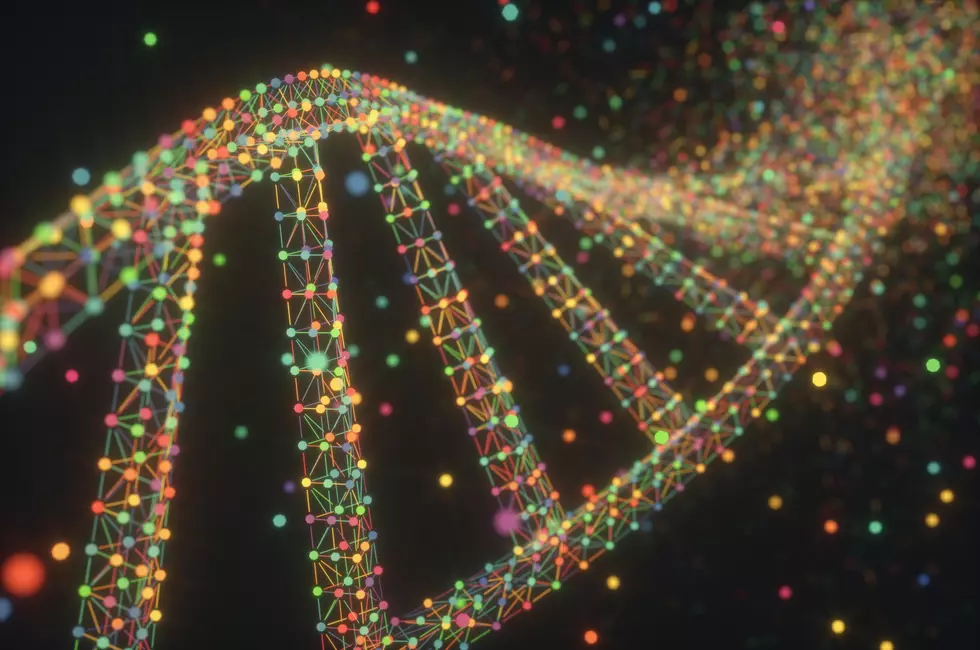
NJ research scientists developing ‘DNA virus vaccine’ at Rutgers
The makeup of our DNA makes each of us unique. But some viruses have their own DNA and are able to reproduce by making copies of their own DNA molecules.
Not all viruses work this way, as Rutgers New Jersey Medical School is quick to point out. It's almost common knowledge by this point that SARS-CoV-2, the virus that causes COVID-19, is an RNA virus, and its vaccines target that ribonucleic acid.
But it is in the same fashion that Rutgers researchers are developing what they call a "DNA virus vaccine" that's proven effective so far, in mice, against herpes simplex 1 and 2 and cytomegalovirus, the last of which the school said infects one in three children in the United States by age 5.

Dabbu Jaijyan, Rutgers research associate scientist and the author of a study on this approach published in Cell Reports Methods, said the compound centanamycin is crucial to breaking down the virus and immobilizing its growth potential.
"We grow the virus in vitro first, then purify the virus so we only have virus particles, and then we treat these virus particles with the drug molecules," Jaijyan said. "What this molecule does is bind to the DNA of the virus and then it depurinates the DNA of the virus, and then the DNA gets cleared after depurination."
The altered version of the virus is attenuated, or weakened, to the point that it cannot reproduce.
"When the virus is damaged, the virus gets into the cells, but it won't replicate because the DNA is damaged," Jaijyan said. "It will be only confined to the site of inoculation."
While talking about DNA alteration may give some people pause, it's the DNA of the virus that's being changed, not of the host, so Jaijyan said it's been safe thus far and figures to be the same if tested in humans.
"When you remove all of the drug molecules that didn't bind to the DNA, then only the molecules that bind to the DNA will go into the animal or into the cells. That reduces toxicity by 99%," he said.
Another virus for which a vaccine has been developed, chicken pox, is also a DNA virus, but Jaijyan said the potential is there for cytomegalovirus and other illnesses to be treated using Rutgers' method.
The next step: clinical trials in the human population.
Patrick Lavery is a reporter and anchor for New Jersey 101.5. You can reach him at patrick.lavery@townsquaremedia.com
Click here to contact an editor about feedback or a correction for this story.
The 99 top paying jobs in New Jersey
LOOK: Here's where people in every state are moving to most
How much does the average NJ home cost? Median prices by county
More From 94.5 PST






